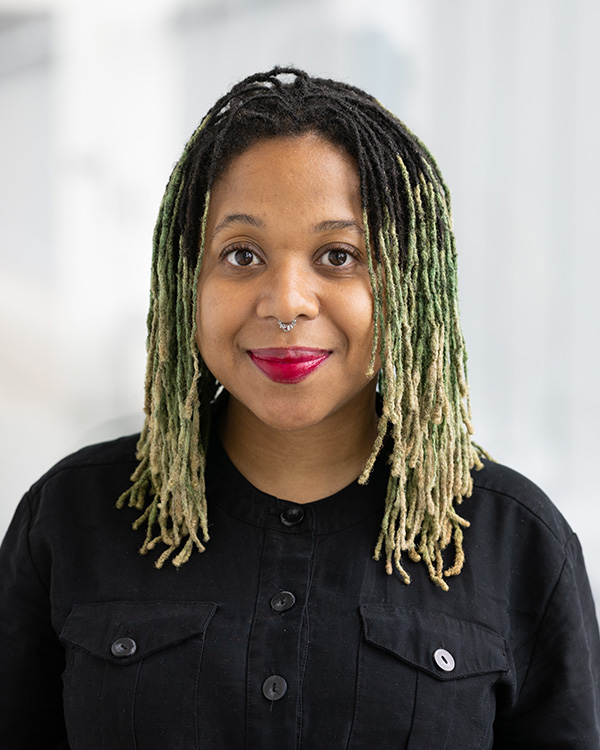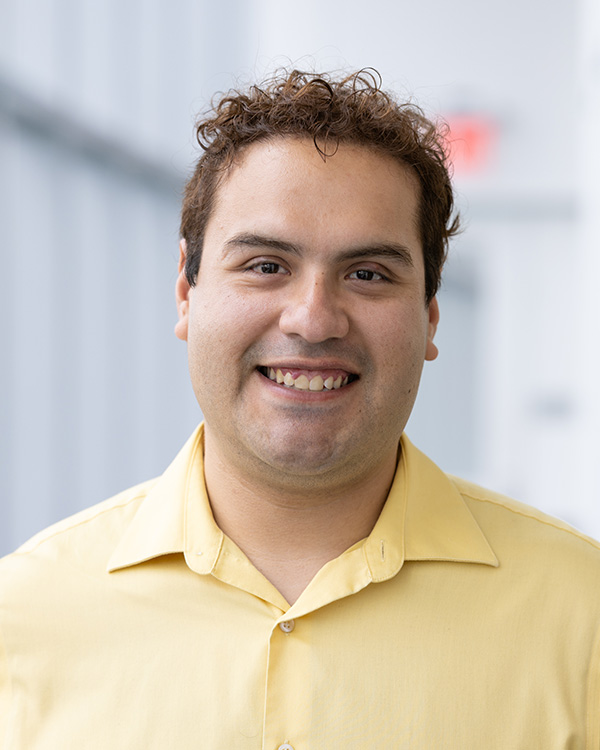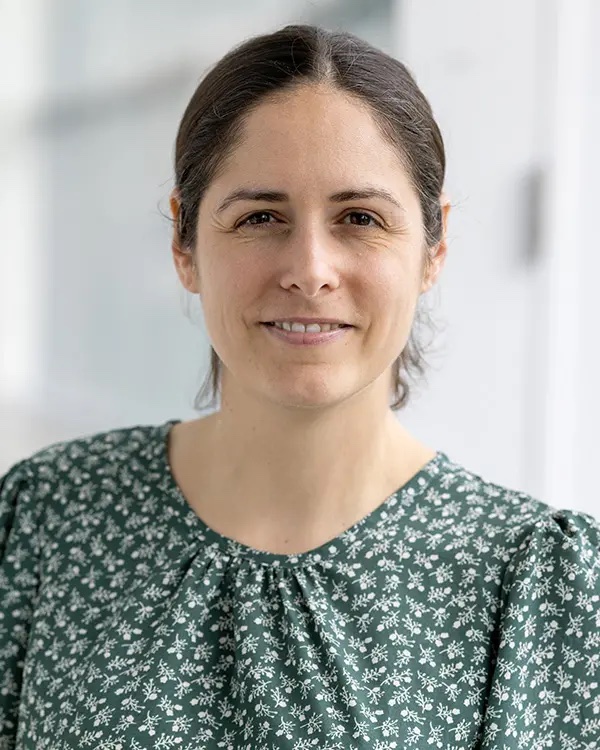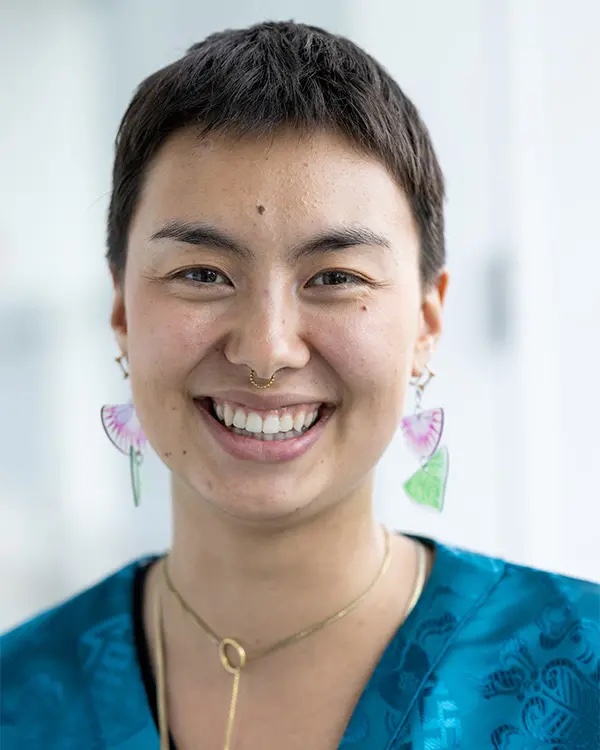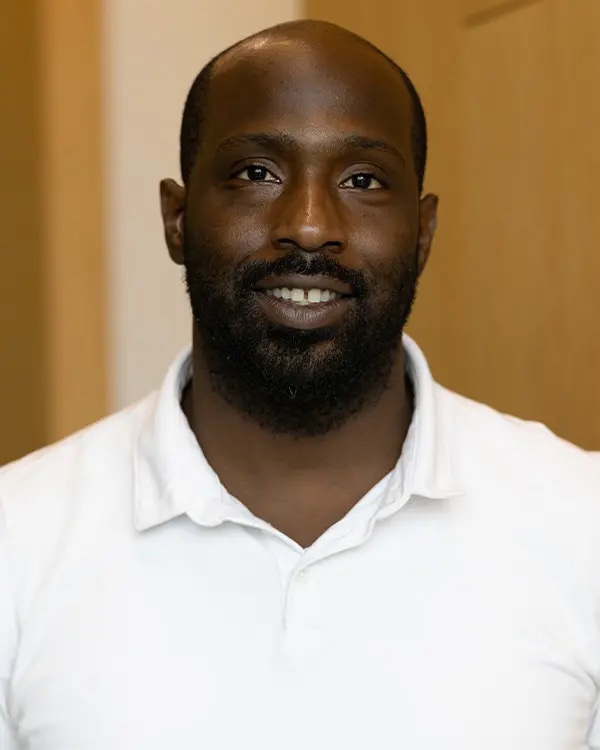The application is currently closed.
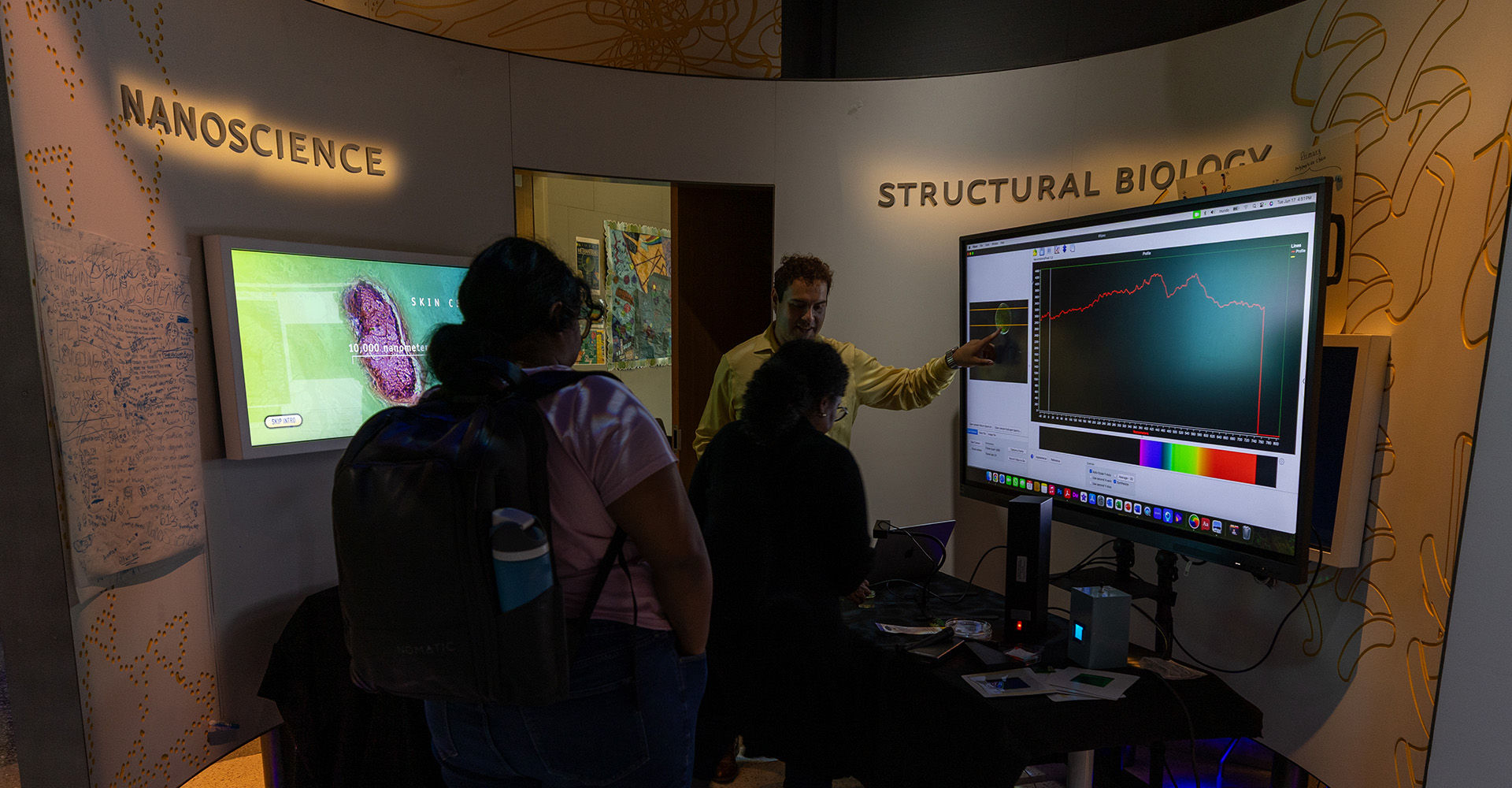
The STEM Teacher Residency Program (TRP) is a semester-long program that will provide teachers with an immersive experience at the ASRC, a high-performing research center. The program is designed to attract motivated in-service teachers strongly committed to promoting interdisciplinary scientific thinking for the public good and working with New York City youth in their STEM learning pathways.
During the program, residents will work with the Illumination Space team and researchers at the ASRC. They will engage in exploratory collaborations with resident scientists to develop hands-on teaching experiences and explore tools such as immersive learning technology. In addition, residents will receive ongoing support from mentors and researchers and professional development opportunities to enhance their teaching through effective science communication.
Goals
Participants will develop a deep understanding of collaborative interdisciplinary research initiatives, build relationships with researchers and educators in the field, and develop youth programs for the community. The ASRC will benefit from the opportunity to engage with and contribute to the professional development of highly qualified STEM teachers who are committed to teaching in high-need schools in New York City. In addition, resident teachers will help scientists translate their research findings into effective educational materials and activities accessible to students at various grade levels.
Benefits
- $2000 Stipend
- $100 stipend for materials or conference
- Invites to science seminars and workshops
- Support from science researchers to create in-school programing, hands on activities and learning modules
- Engage with immersive learning technologies such as VR/AR, motion activated technologies
- Participate in redesign process for our state of the art learning center
Requirements
- Currently teaching or running programming at a New York City DOE school or enrolled in a teacher education program at a university in NYC
- Can meet the above commitments
Commitment
- Attend two ASRC initiative events per semester and one monthly cohort meetings
- Quarterly day-long workshop
- Co-produce youth workshop, curriculum or set of activities (with help from ASRC STEM Education administrative team)
Meet Our Recipients
